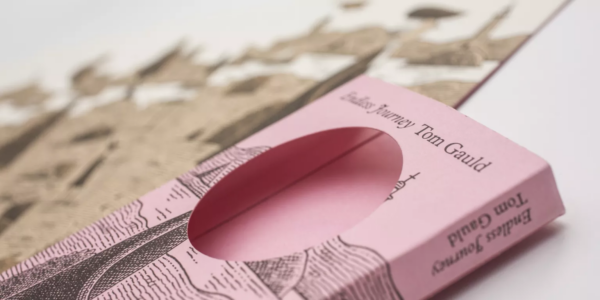The We Are the Legion book, authored by historian Julie Summers, tells the extraordinary story of support for those who have served in wars and peacekeeping operations, from finding jobs and housing, to healing injuries and the trauma of conflict.
We Are the Legion covers every aspect of the Legion’s work: the history of the poppy, its latest work on rehabilitation and support, and of course its key role in Remembrance.












